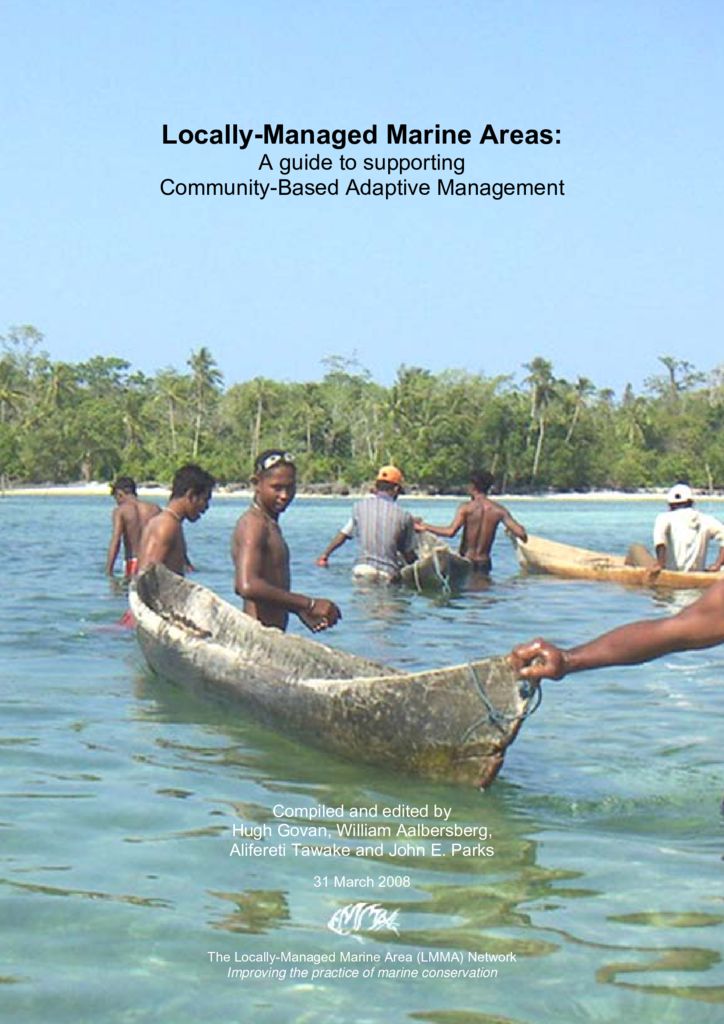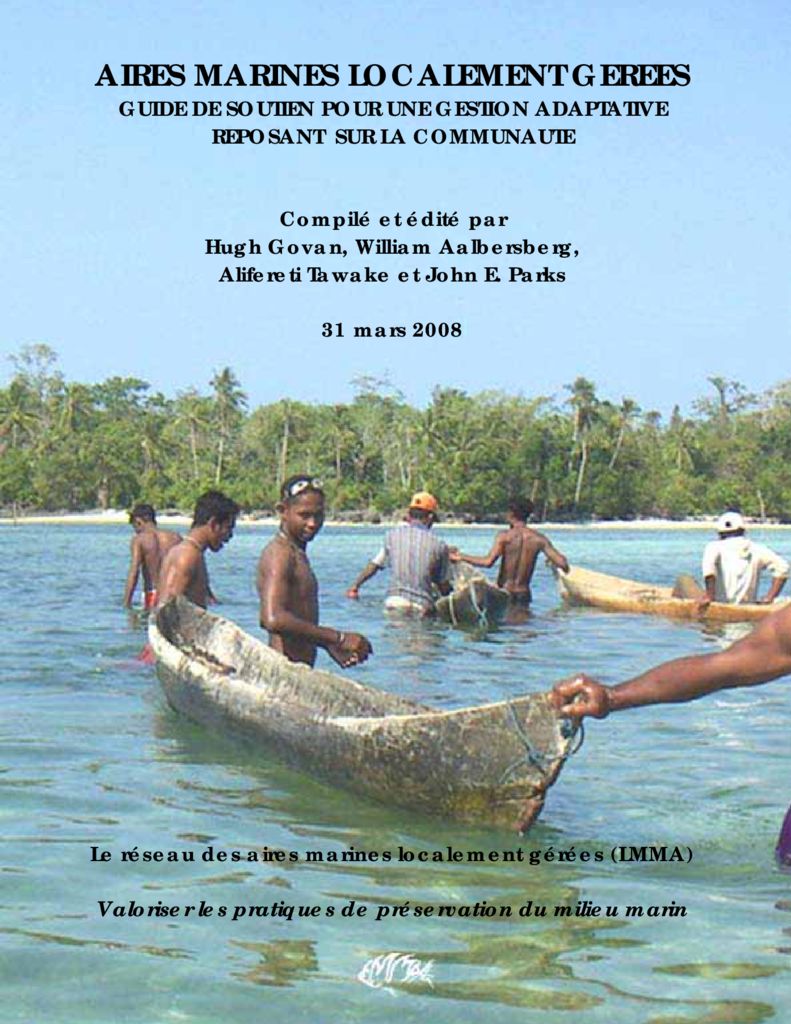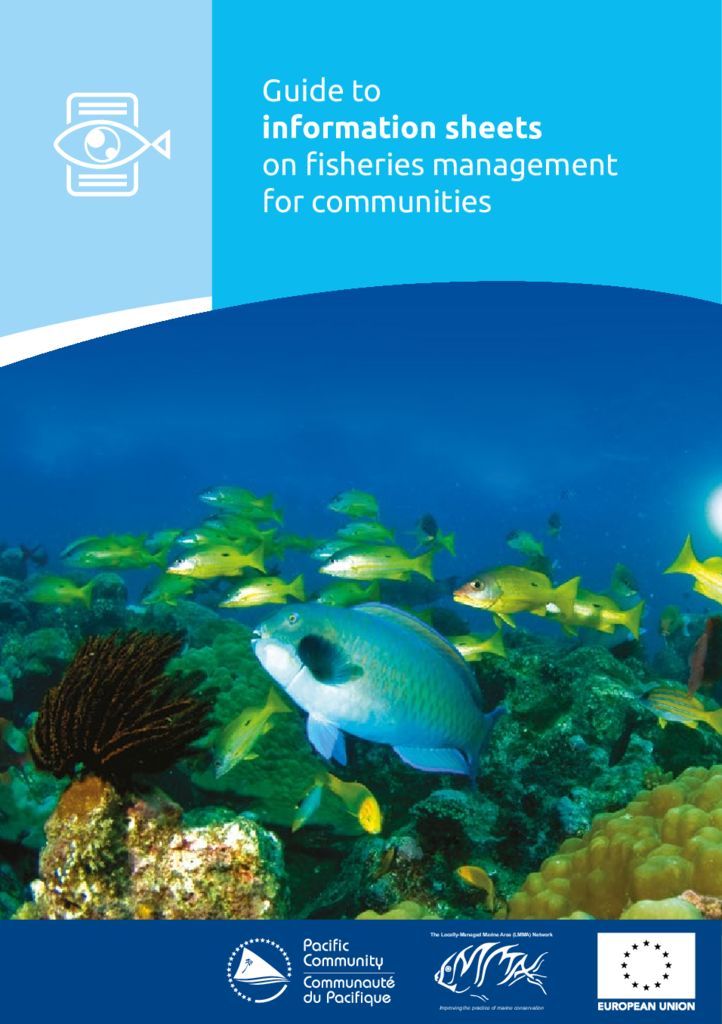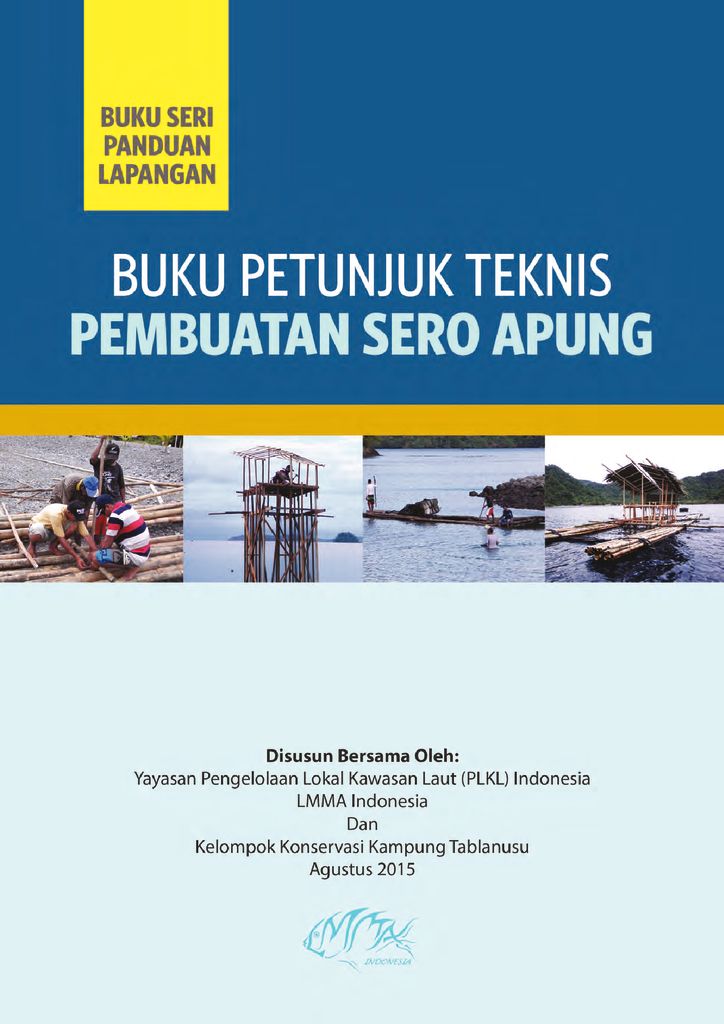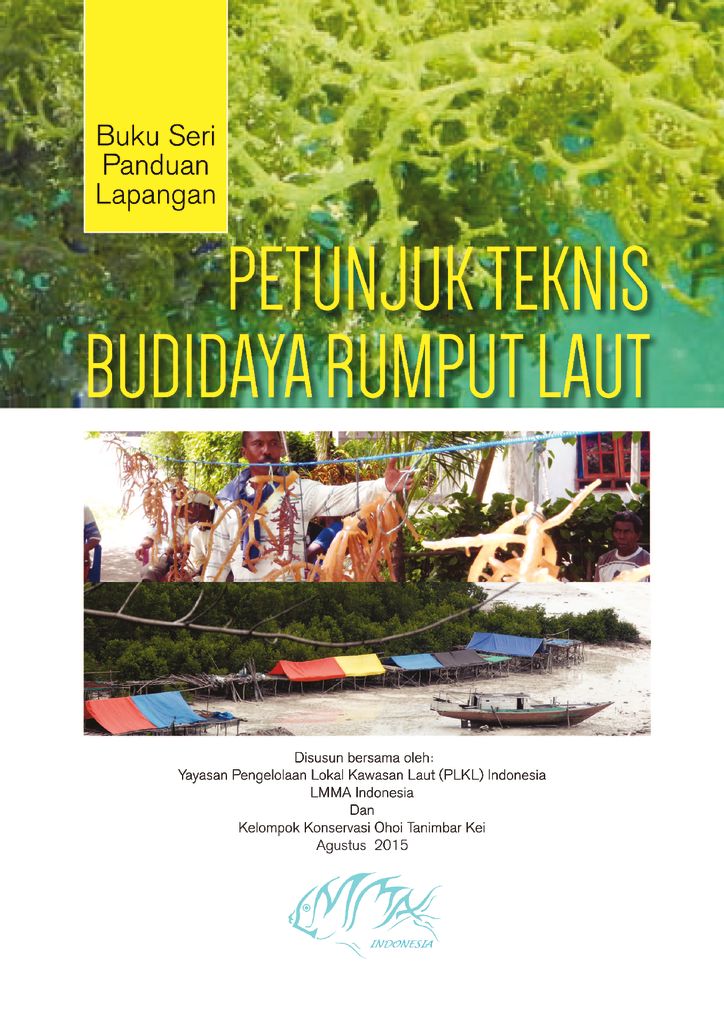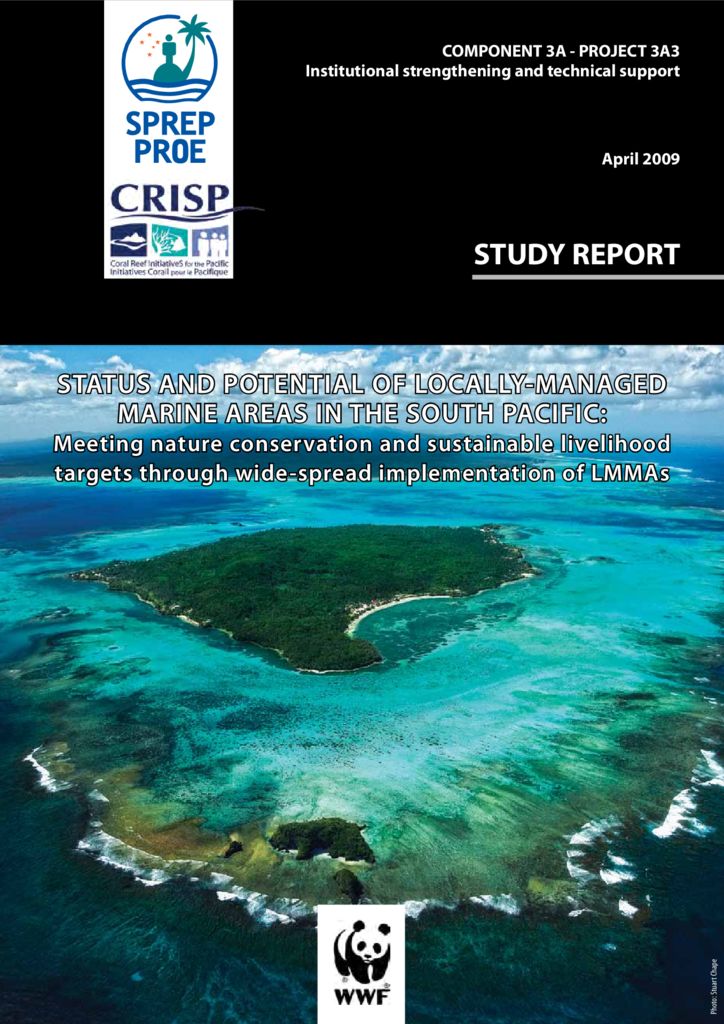Welcome Practitioners
The LMMA Network is a global leader on community-driven approaches to sustainable resource management, rooted in decades of learning from the field.
The Learning Centre is designed to introduce interested people, communities, organisations and governments to the LMMA basics, so they can begin to think through LMMA approaches in their villages, projects and countries.
Once you are orientated, we encourage to dig deeper into our tools and reports and reach out as you gear up for action.

LMMA 101
A Locally Managed Marine Area (LMMA) is an area of nearshore waters and its associated coastal and marine resources that is largely or wholly managed at a local level by the coastal communities, land-owning groups, partner organisations, and/or collaborative government representatives who reside or are based in the immediate area.
In using an LMMA approach, some coastal communities are reviving traditional practices that have been used as part of their culture for many generations, others, are using more contemporary practices, and some use a combination of both.
An LMMA differs from what is commonly known as a Marine Protected Area (MPA) in that LMMAs are characterised by local ownership, use and/or control, and in some areas follows the traditional tenure and management practices of the region, whereas MPAs in the formal sense are typically designated via a top-down approach with little if any local input. LMMAs describe a process of ensuring meaningful local discussions, local priority setting based on local challenges and aspirations for resource use, such as food security and livelihoods, and moves on to practical, locally-enforced local rules.
While LMMAs are often confused with MPAs, LMMAs are the entire fishing grounds, which communities typically set aside at least part of an LMMA as a no-take reserve (often times referred to as an MPA, but with a different meaning than the formal definition above). But they can also impose certain gear, species, or seasonal restrictions to allow habitat and resources to recover from fishing pressure, or to sustain or increase fish catch.
An LMMA can vary widely in purpose and design, but two aspects remain constant:
- A well-defined or designated area
- Substantial involvement of communities and/or local governments in decision-making and implementation.
Overfishing, destructive fishing (use of dynamite and poisons), sedimentation and pollution from development or industrial activities on land, physical damage from anchors and trampling by tourists and fishers, and coral extraction for building materials and souvenirs are common threats in the coastal and marine areas.
Establishment of an LMMA enables communities to discuss and make decisions on solutions to better manage their marine areas. This can include identifying which fishing methods and other activities can or cannot be carried out in their waters, and which management solution will increase the health of their marine resources.
LMMAs are usually ‘managed’ to improve the health of marine resource management, in an effect to alleviate food security and poverty.
- Increase fish population, reproduction, and biomass
- Increase income from marine resources
- Improve habitat quality (coral cover, seagrass, mangroves)
- Enhance local capacity to manage their resources
- Increase environmental stewardship and community cohesion
But whatever the reason, it has be based on local priorities, and not outside funders or organisations that drive decision making.
There are many different terms used to describe community-based marine resource management.
Our approach is based on Community-Based Adaptive Management (CBAM) which focuses on “learning by doing” rather than “getting it right” at the outset. This means that communities can start with available information rather than having to rely on external expertise and go through a cycle of planning, implementation, monitoring and reflection.
An LMMA is an area of near-shore waters, land and coastal resources that is largely or wholly managed at a local level by coastal communities, land-owning groups, partner organisations, and/or collaborative government representatives who reside or are based in the immediate area.
A core value of LMMAs is that local communities make decisions and their needs come first when managing their marine resources.
Core principles of the LMMA Network, that local communities make decisions and their needs come first. Core principles include:
-
Agree to the Core Value
Local community makes decisions and their needs come first
-
Community Engagement
- Commonality of purpose between the community and organisation engaging
- Agreed expectations, including long-term sustainability
- Assessment that enabling factors (listed as key criteria on this page) are in place (or if not, help develop)
- Build trust
-
Community Empowerment
- Nature and duration will depend on site
- Facilitate community site assessment and participatory rapid action planning
- Community feels they have knowledge and skills to manage resources (PRA tools)
-
Community-based Adaptive Management (CBAM)
- Plan
- Implement
- Monitor
- Reflect
- Agree on the importance of learning and not always getting it right at the outset
-
Ongoing communication and skills development
- Apply at all levels
- Develop community champions and fund their participation at local and international
- Ask permission to use data
- A community is aware that it has problems
- A community can be defined
- “Sense” of resource rights by community and government (even if legal tenure does not exist)
- Support for community leadership
- Communities feel that their actions can make a difference
- Co-manager with long-term commitment to community site
- Community goals are cohesive with co-manager goals
- Strong community cohesion (lack of conflict or factions)
- Co-manager has set of guiding principles that respects communities
- Government is at least neutral if not supportive
- There is an effective change agent in community (doesn’t have to be a long-term manager)


